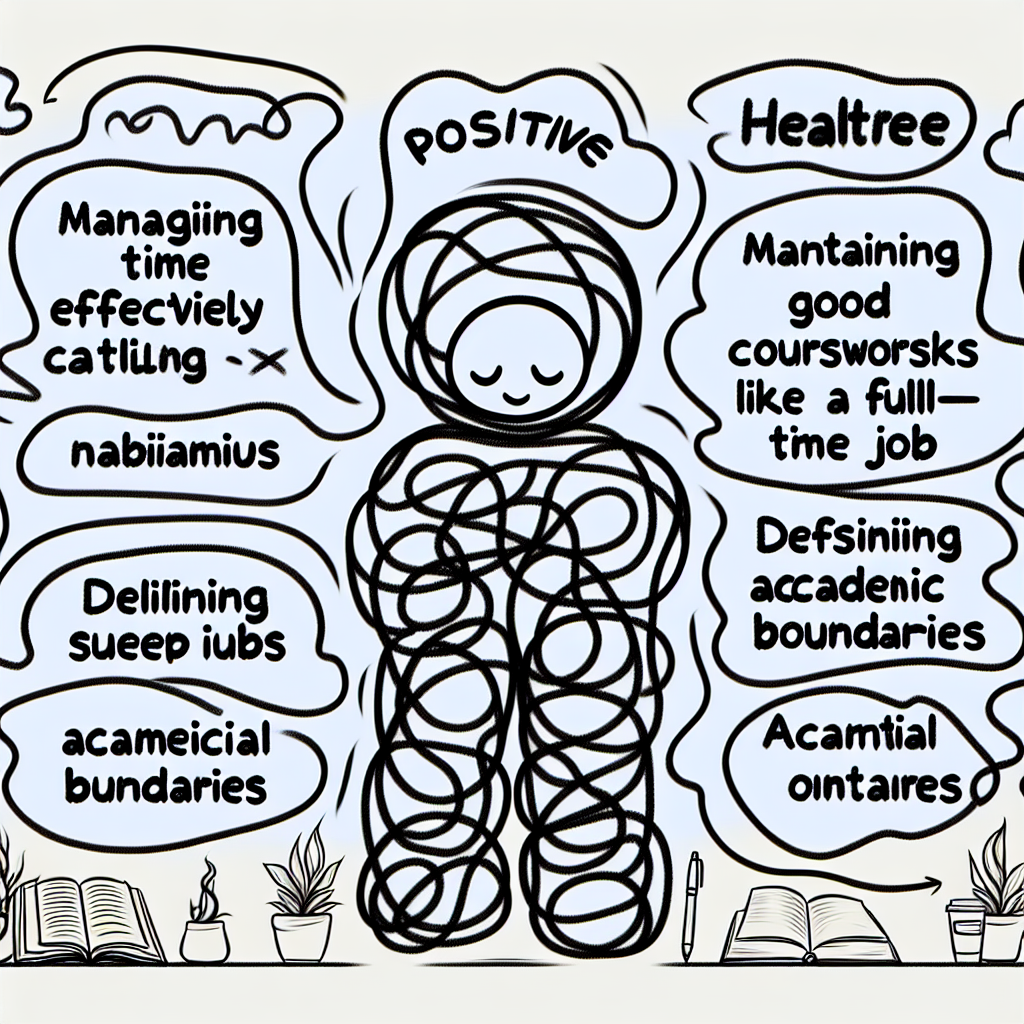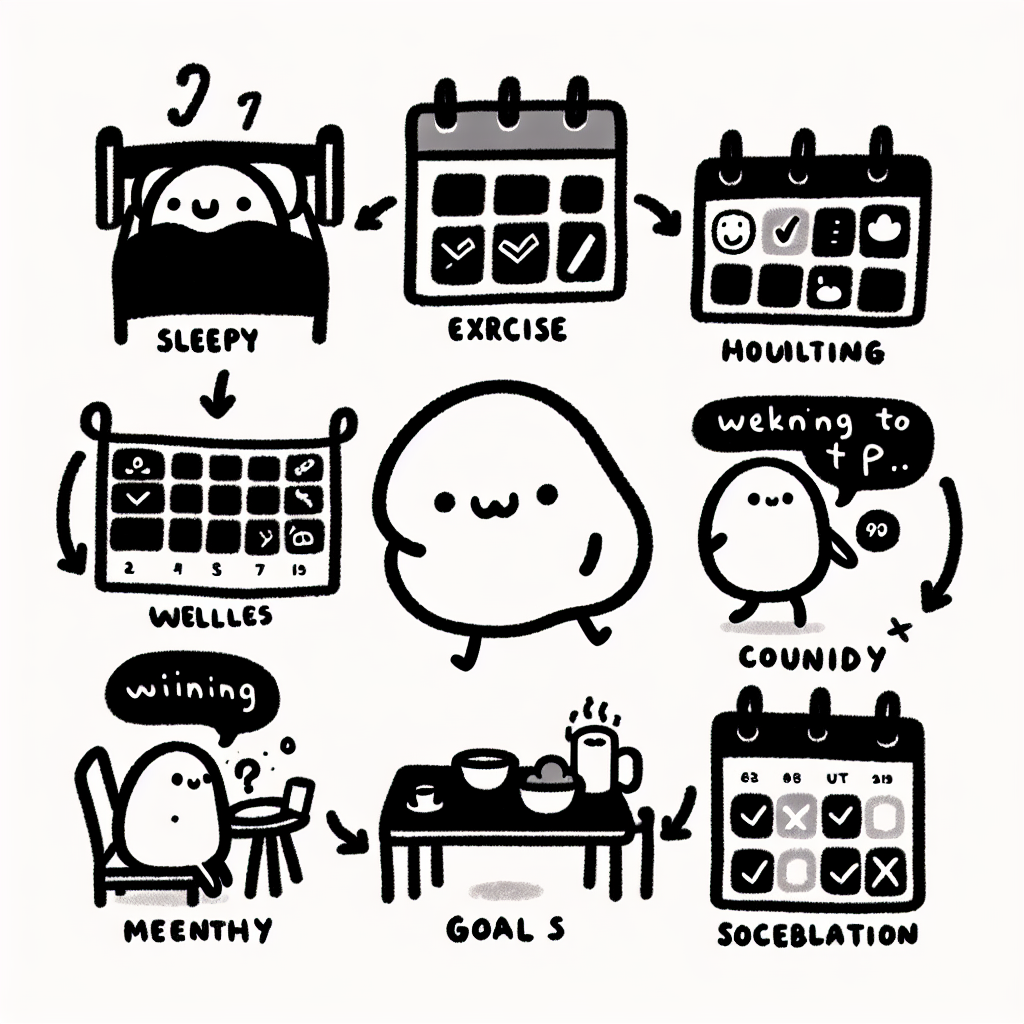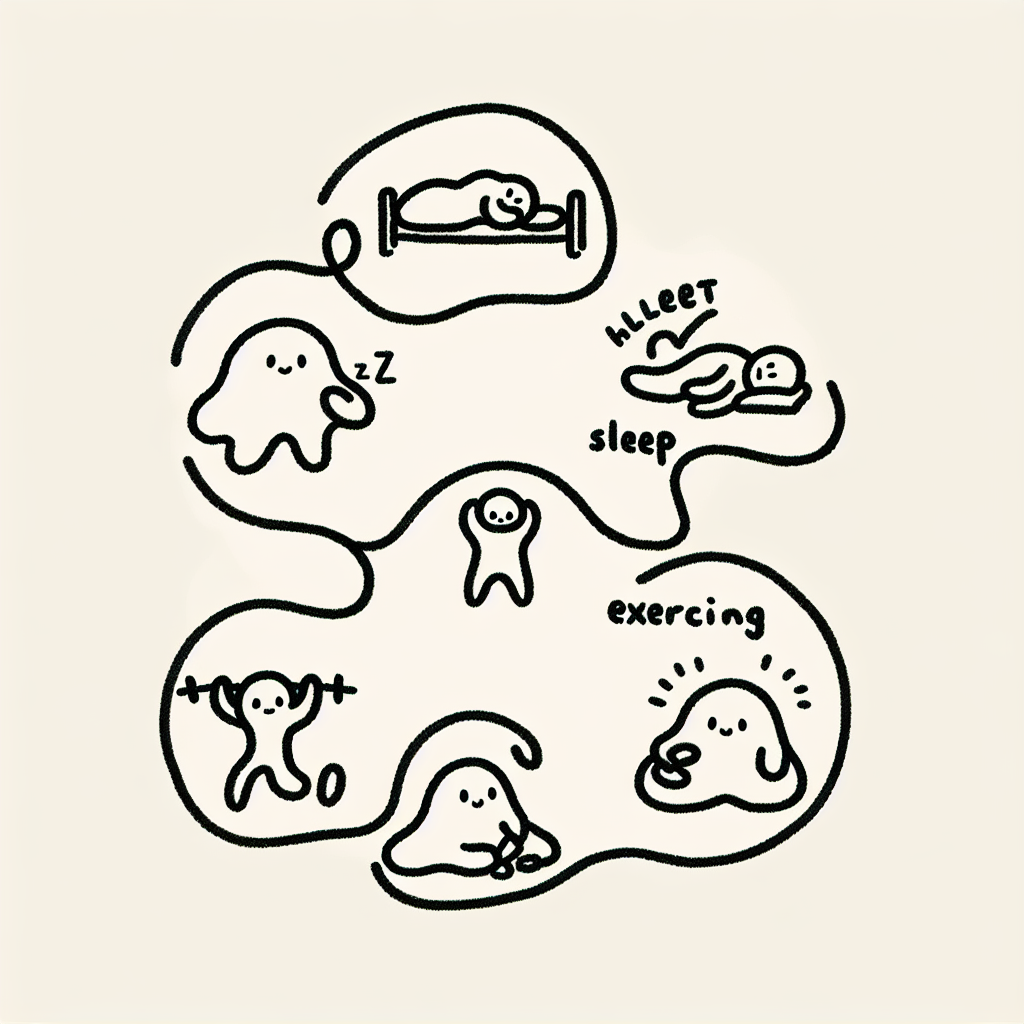Alarming Trends and Statistics
Recent data highlights a critical situation surrounding student mental health. At the University of Iowa, over 55% of undergraduates have received some form of mental health treatment, indicating a widespread need for support (University of Iowa). This figure reflects a national trend where more students are seeking help for issues that affect their academic and personal lives. The growing prevalence of mental health concerns emphasizes the importance of implementing effective student mental health tips and building systemic support within educational institutions.
Common Mental Health Challenges Faced by Students
Many students grapple with a range of mental health challenges. Academic pressure and performance anxiety are among the leading stressors, as students strive to meet high expectations. Social isolation and homesickness often affect those transitioning to college life, especially first-year students. Financial stress is another significant factor, with tuition, housing, and daily expenses adding to the mental burden. Additionally, lack of sleep and poor nutrition can exacerbate existing issues, making it harder for students to maintain emotional and cognitive balance. Addressing these challenges with targeted student mental health tips can help improve overall well-being and academic success.

🧠 Why Mental Health Awareness Matters
Impact on Academic and Personal Success
Strong mental health is a critical factor in achieving both academic and personal success. Students with good mental health are more likely to perform better in their studies, maintain focus, and manage stress effectively. Research consistently shows that mental well-being enhances cognitive function, promotes motivation, and supports time management—skills essential for academic success. In addition, positive mental health fosters healthier relationships with peers and faculty, contributing to a more supportive and productive learning environment. These outcomes underscore the importance of prioritizing student mental health tips as part of a broader educational strategy.
Role of Campus Resources
Campus resources play a central role in supporting student mental health. Accessible counseling centers offer professional help for students dealing with stress, anxiety, depression, and other challenges. Peer support groups provide students with a sense of community and reduce feelings of isolation. Faculty who are trained to recognize signs of distress can guide students to appropriate resources and create a more empathetic classroom culture. As student demand for mental health services increases, institutions must prioritize the expansion and visibility of these resources. Implementing effective student mental health tips through campus programs and policies helps ensure that students have the support they need to thrive.

✅ Proven Tips for Supporting Mental Health in College
🗓️ Master Time Management
Effective time management is essential for reducing academic stress. College students should treat their coursework like a full-time job, aiming for a structured 40-hour workweek. Using planners and digital calendars can help avoid last-minute stress and improve focus (University of Washington).
💤 Prioritize Sleep Hygiene
Sleep is directly tied to mental well-being. Research shows that just three consecutive nights of poor sleep can heighten anxiety, depression, and stress levels (University of South Florida). Maintaining a consistent sleep schedule, avoiding screens before bed, and limiting caffeine intake can significantly improve student mental health.
🥗 Maintain Physical Health
Staying physically active is a powerful way to support mental health. Even 20 minutes of daily exercise can help reduce stress and elevate mood (Carson-Newman University). Eating balanced meals and staying hydrated also contribute to overall well-being.
🧘♀️ Practice Mindfulness and Stress Management
Incorporating mindfulness practices like meditation, yoga, and deep breathing exercises can help students manage stress more effectively. Apps such as Headspace and Calm can support consistency in these habits.
📚 Set Academic Boundaries
Creating academic boundaries helps prevent burnout. Students should aim to complete assignments ahead of deadlines and avoid late-night study sessions. Breaking large projects into smaller, manageable tasks can reduce overwhelm (Harvard University).
👥 Build a Support System
Strong social connections are vital for mental health. Students should engage with peers, mentors, and resident advisors. When necessary, seeking professional help from campus counseling services can provide essential support.

What Colleges and Universities Can Do
Faculty and Staff Involvement
To support student mental health, colleges and universities can train faculty and staff to actively engage with students' well-being. One effective strategy is designing mental health-friendly syllabi that include flexible deadlines, clear expectations, and built-in breaks—approaches recommended by Harvard University. Faculty can also hold regular check-ins with students to identify challenges early and connect them to appropriate resources.
Enhancing Campus Mental Health Services
Institutions should increase staffing at counseling centers to reduce wait times and ensure students receive timely support. Promoting awareness of available services during orientation and campus-wide events helps students know where to turn when they need help. These actions align with effective student mental health tips that emphasize accessibility and visibility of support systems.
Creating a Culture of Support
Creating an environment where mental health is openly discussed can reduce stigma. Colleges can normalize conversations by integrating mental health topics into student life programming. Encouraging peer-led initiatives and student advocacy groups empowers students to take part in shaping a supportive campus culture, reinforcing key student mental health tips through community involvement.

🛠️ Tools and Resources for Students
On-Campus Services
Many colleges and universities offer on-campus services that support student mental health. Counseling and Psychological Services (CAPS) is a common resource available to students, providing access to licensed therapists, crisis intervention, and group therapy sessions. Wellness centers and campus health clinics often offer workshops on stress reduction, nutrition, and sleep hygiene, which are essential components of maintaining mental well-being. Additionally, academic coaching and tutoring services can help students manage workload and reduce academic stress, contributing positively to mental health.
Digital Tools
In addition to campus-based support, digital tools can offer flexible mental health solutions. Therapy apps like BetterHelp and Talkspace connect students with licensed therapists through messaging and video sessions, making it easier to access professional help remotely. Time management tools such as Todoist and Trello assist students in organizing assignments and deadlines, which can lower stress and improve productivity. Apps focused on mindfulness and sleep, including Calm and Insight Timer, provide guided meditations, breathing exercises, and sleep stories that support daily mental wellness routines.
Incorporating these tools and resources into daily life is a practical way to apply student mental health tips and build resilience throughout the academic journey.

🧭 A Semester Mental Health Checklist
Establishing a semester-long routine can support well-being and make it easier to manage academic pressures. Use this checklist to incorporate key student mental health tips into your schedule.
Weekly Habits
- Maintain a consistent sleep schedule: Aim to go to bed and wake up at the same time each day to support mental clarity and emotional balance.
- Schedule time for exercise and meals: Regular movement and proper nutrition are essential for both physical and mental health. Build these into your weekly routine.
- Check-in with a friend or support group: Regular social interaction can provide emotional support and reduce feelings of isolation.
Monthly Goals
- Attend at least one campus wellness event: These events often offer stress-reduction activities, mental health resources, and community connection.
- Reflect on academic and personal goals: Set aside time each month to review your progress and adjust your strategies as needed.
- Meet with a counselor, mentor, or advisor: Touching base with a trusted guide can help you stay grounded and receive support before challenges become overwhelming.
Semester Milestones
- Reevaluate your workload and adjust commitments: Midway through the semester, assess your capacity and consider dropping or shifting obligations if needed.
- Celebrate small wins to boost confidence: Acknowledge progress to stay motivated and reinforce positive habits.
Using this checklist regularly can help you stay proactive and intentional about your well-being throughout the semester.

📚 Further Reading and References
For students seeking more guidance and support, the following resources offer additional student mental health tips and strategies:
- University of Iowa: Mental Health Tips for the Fall Semester – Offers practical student mental health tips tailored for managing stress and staying balanced during the academic year.
- University of Washington: Tips for Academic Success – Provides advice on how academic habits and routines can support mental well-being.
- Harvard University: Designing Mental Health-Friendly Courses – While aimed at educators, this resource highlights how course design can influence student mental health and offers insight into supportive learning environments.
- University of South Florida: Mental Health in College – Discusses the importance of mental health in college and offers actionable student mental health tips for coping with common challenges.
- Carson-Newman University: Six Mental Health Tips for College Students – A concise guide providing six key strategies students can use to manage stress and stay mentally healthy during college.

🎓 Final Thoughts: Make Mental Health a Priority
Taking care of your mental health isn't a luxury—it's a foundation for academic and personal success. As a student, the pressures of deadlines, exams, and social responsibilities can easily become overwhelming. That's why implementing student mental health tips is essential for maintaining balance and well-being.
Small, consistent actions—like getting enough sleep, staying physically active, building a supportive network, and seeking help when needed—can significantly improve mental resilience. These student mental health tips aren't just for crisis moments; they are proactive tools for everyday life.
Remember, prioritizing your mental health is not a sign of weakness but a commitment to your overall growth. By incorporating these strategies into your daily routine, you’re not only supporting your mental well-being but also setting yourself up for long-term success.







.png)






